Katie Melua’s latest album, Album No.8, came out on October 16th. It’s the Georgian-British singer-songwriter’s eighth studio album (hence the name), and also her eighth consecutive UK top 10 album. I knew her music from hits like Nine Million Bicycles and The Closest Thing to Crazy (which came out when I was in high school), but Album No.8 is the first where she wrote all the lyrics, drawing on influences as diverse as Virginia Woolf and The Grateful Dead.
I was also intrigued by the album cover – a self-portrait with a Mamiya RZ67, a medium-format film camera. Naturally, I had to ask Katie if she would tell us more about it, and happily she agreed. In a Zoom interview from her home in London, Katie spoke about music, painting and the secret delights of film photography.
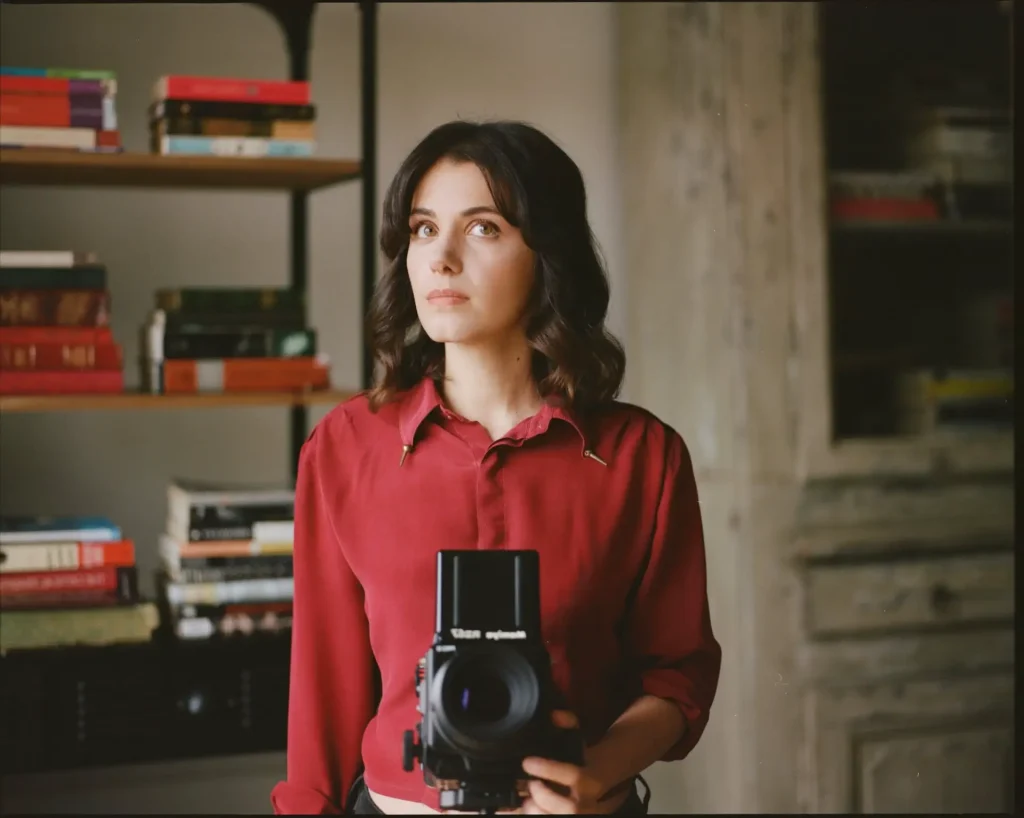
Hi Katie, thanks so much for doing this!
Thank you for reaching out to me!
Congratulations on the new album, and great cover too! So have you always been interested in photography?
Well, it’s actually a new thing for me! And it really came out of necessity, because of the pandemic. The final stages of my eighth record were made during lockdown, and I delivered it to the record company in March. And normally, the front cover is the next thing that needs to be delivered, so that it can get lined up in production. We didn’t want to delay the release. We thought pandemic or no pandemic, you know, people will want to hear music. So now we need an album cover.
Now, having grown up in the music industry, I’ve always had my photo taken, but I’ve had a kind of love-hate relationship with photography. I’m a big lover of making music, and I’d find being photographed… actually quite tedious? I didn’t enjoy the fact that I had to physically present the record. Or at least that wasn’t my favourite part. And I have to say, doing this cover has really transformed my ideas about photography.
And is that your own camera featured on the cover?
It actually belongs to Rosie Matheson, who’s a phenomenal film photographer. I got introduced to her through Faye Purcell from the record company. So it was really sweet of Rosie to basically let a stranger borrow her film camera. And when it arrived, I remember feeling this great… responsibility for the camera, you know? For someone else’s precious object. And the presence that the camera had – it’s really big and heavy! Rosie was on Zoom, and she basically guided me, gave me some pointers on how to use the camera. I remember the thrill of putting in the first roll of film and figuring out how to use it. She also helped me with framing through the viewfinder. And then of course, I had to take a light reading, adjust the shutter speed and all that. And if you saw the offcuts, for some of those, my brother Zurab was behind the camera, because at the time I was isolating with my family.
With a self-portrait, I’m both in front of the camera and behind the camera. It’s like a double existence. And being behind the camera, I realized how every little movement and every little detail made such a difference to what was captured. And how the photograph is all about catching the light in a single moment. There are so many nuances to it – it’s really fascinating.
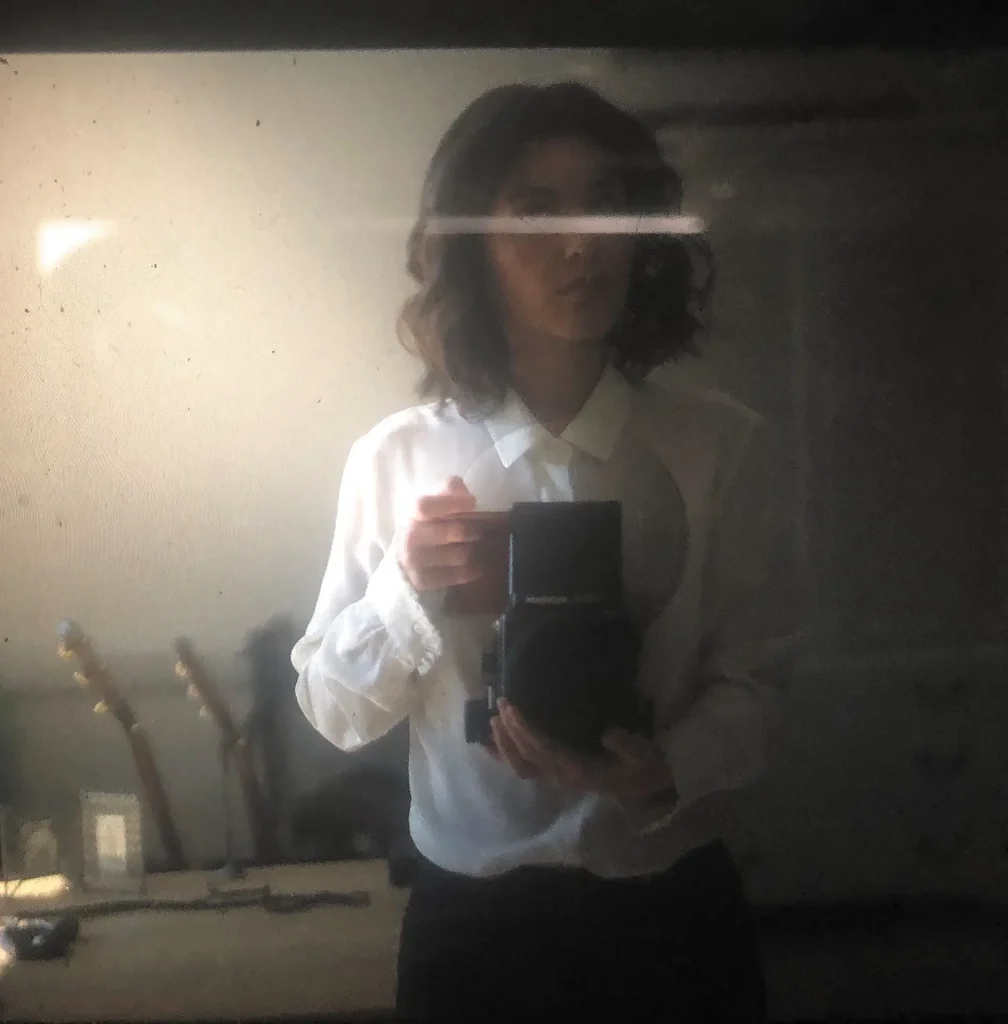
You spoke about a love-hate relationship with photography… Was it different being behind the camera?
I do think there is something different about the way I look into the camera with these shots. In the past, I’d gotten so used to seeing how women look into the camera – through all the advertising that I’m surrounded by. It creates a certain model that you end up copying. Standing in front of the camera, I’d kind of feel a little sense of pressure, you know. You get to copying a certain idea of how a woman should look at the camera, what kind of facial expression you should have. But when I was holding the camera myself, or with my brother, who is my family member, filming me – as opposed to it being in a sort of a business setting – it created a very different, more natural feel. I felt like I was being captured as a human being.
Did you feel like you have more control over how you present yourself?
Well yes, but, you know, that wasn’t the thing I was thinking about the most. Holding the camera was just… making me wonder at life. Like, wow, look at this. Because I work in music, I’ve always had that feeling of wonder with the things I hear – with language, how people talk; with music, how melodies work. But using this camera, I felt that for the visual world.
You have also references to painting, in some of the lyrics to Album No.8…
I had painting on my mind a lot. There is a Georgian painter, Levan Lagidze, who I met about six months before the main writing part. We would talk regularly on the phone about the artistic process. I was writing in a cottage on my own that summer, and sometimes if I was struggling or I’d hit a wall, I’d call him up. And I’d be like, “It’s not working.” And he would just say to me, “It’s so important that we don’t torture ourselves during the creative process, you know. That we treat ourselves with respect, and with dignity.” He taught me many things.
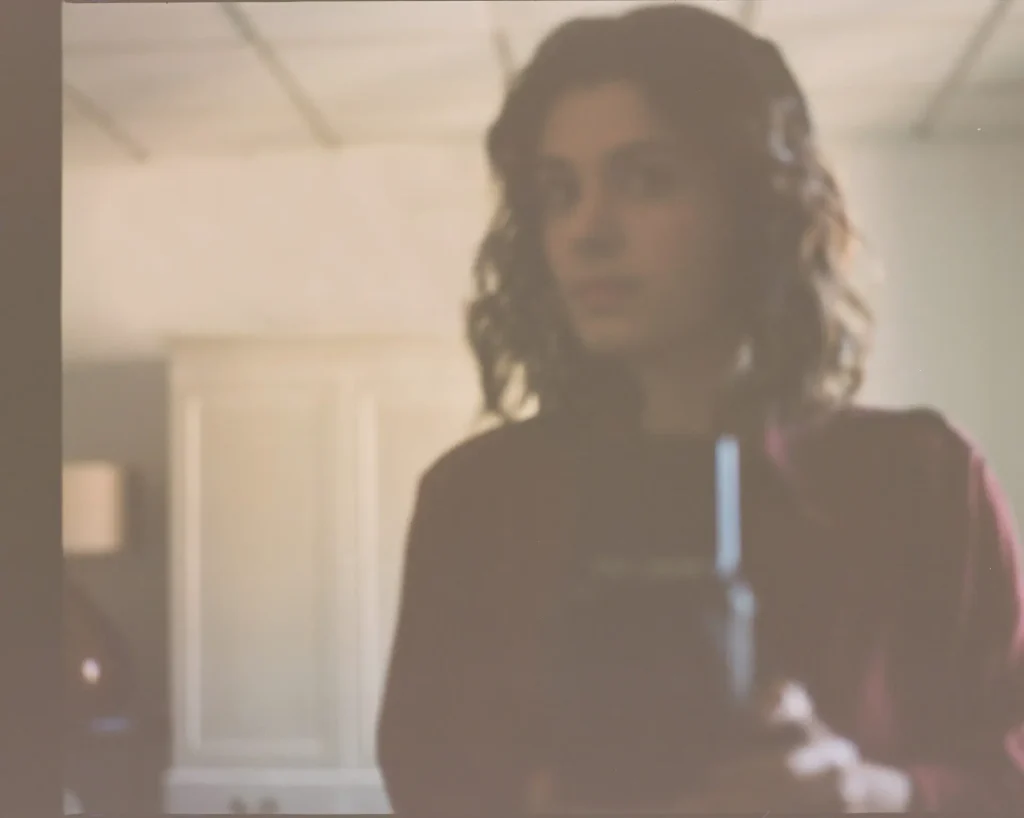
About the camera itself – it was a Mamiya RZ67, right? Was it your choice to take the cover photo on film?
Yep, it was the Mamiya. And it was Rosie’s choice actually. I saw her photographs, her portraits. To be honest, I was a complete novice, so I didn’t realize that I was looking at film photos. I just knew that I loved them. They looked very… warm, very true to real life. And I’m really interested in representing real life. There is so much beauty, and I think the purpose of art is to depict that too, as well as the hardships and the things that torture us. So yeah, I was pleasantly surprised when I found out it was a film camera.
Do you remember how many photos you took, in all?
We shot over two days – one day at my studio, and one at my home and my parents’ home. I think we went through about ten rolls of film.
Well that’s not very many for an album cover – ten rolls is… a hundred photos on the RZ67? With a digital camera I’d be taking lots more. But I guess shooting with film focuses your mind…
It does. And you know what else film does? I’m a big fan of Virginia Woolf as a writer, and I’ve read a number of her diaries. And in one of her entries, she said that the best state and mood for her to be in to write is to have an air of formality. And I really felt that with the film camera. With digital, because you have no limits, you can just take, take, take, and then sort of torture yourself trying to pick the best shot. But with a film camera, because your resources are much more limited, I ended up having a real sense of formality. I felt like I had to prepare myself, to really be in the moment and take it very seriously. And I really liked that.
I like that too about film. So did it make you want to get more into photography, or are you focusing on other things at the moment?
I’m afraid I’ve completely been taken by it. And I ordered a Pentax 6×7, I’m actually looking at it right now as I’m talking to you! It came from Japan. It was a bit of an ordeal to get it here with COVID, but I’m just about to go and get my first five rolls developed.
Oh wow, that is exciting!
It is so exciting. And it’s lovely, because I’ve actually moved into my old apartment. So I’ve filmed the moving, and just what it’s been like since the start of September. And now I’ve got these new rolls to develop.
If you get any photos from the Pentax which you’d like to share, we’d be delighted to feature them! Have you come across our website by any chance, 35mmc?
Well I was actually told that it’s one of the best websites for photography, or film photography. So I feel honoured that you’ve sought me out. And I’ll be checking it out because, you know, depending on how these photos come out, I might need some serious guidance!
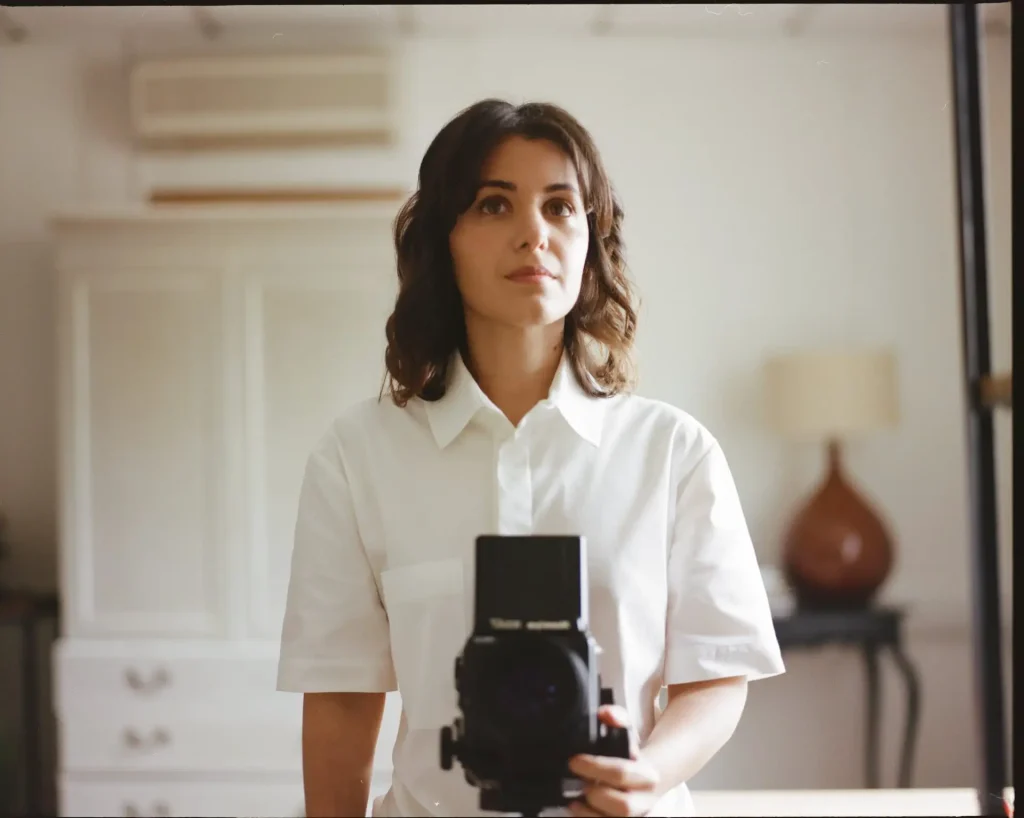
Thank you so much! And finally, this is not really connected to photography, but I also wanted to ask – for readers who haven’t heard the new album yet, what can they expect from it?
Well, what can I tell you? This is my eighth album. I wanted to celebrate great musicianship. I’ve been lucky to work with some of the best musicians in England, and I have my Georgian heritage. I often go between the two cultures, and try and see my life through those two perspectives. So this album captures some of the moments and stories and vignettes of my life here in England, from my Georgian perspective. And I have also tried to bring a lot of my love of reading and of the literary world into writing these classic songs.
That’s wonderful. Well thank you so much for your time, Katie. It was a real pleasure!
Thank you, have a good day!
Many thanks to Katie for sharing her experience, as well as the unique behind-the-scenes photos. She was also kind enough to share a few photos taken with her newly-acquired Pentax 6×7 (the day after the interview, she got her first film rolls back from the lab). Katie, if you’d like to review the Pentax for 35mmc, you are always welcome.
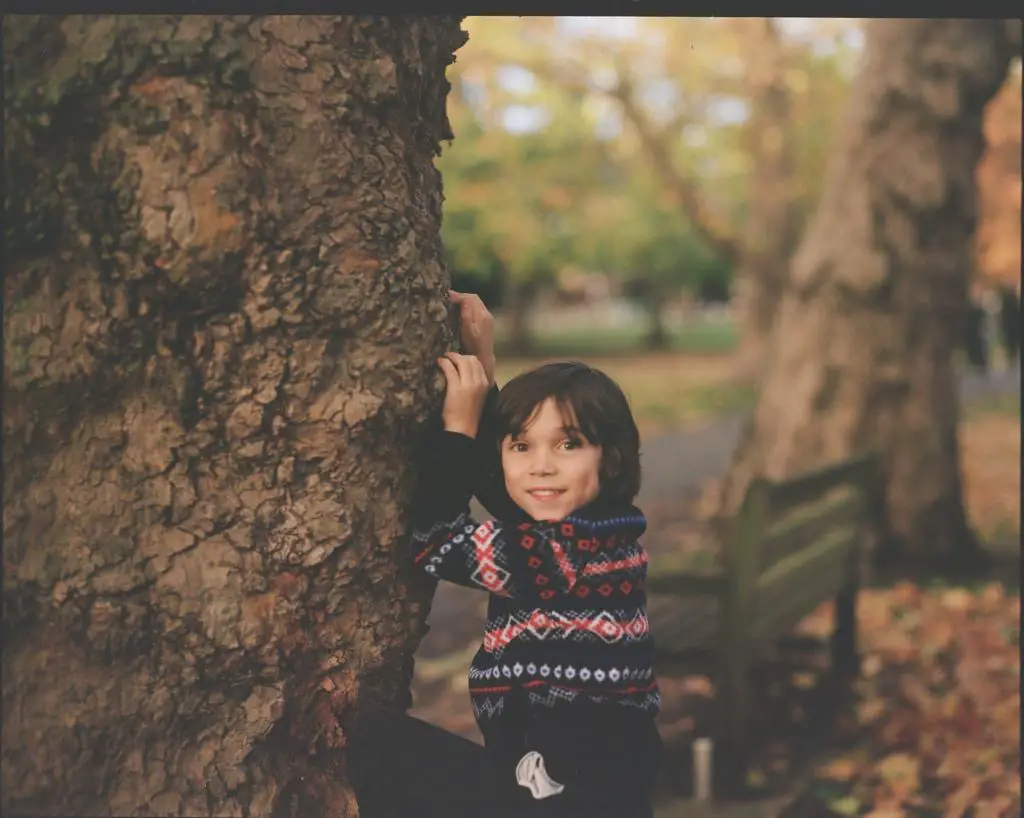
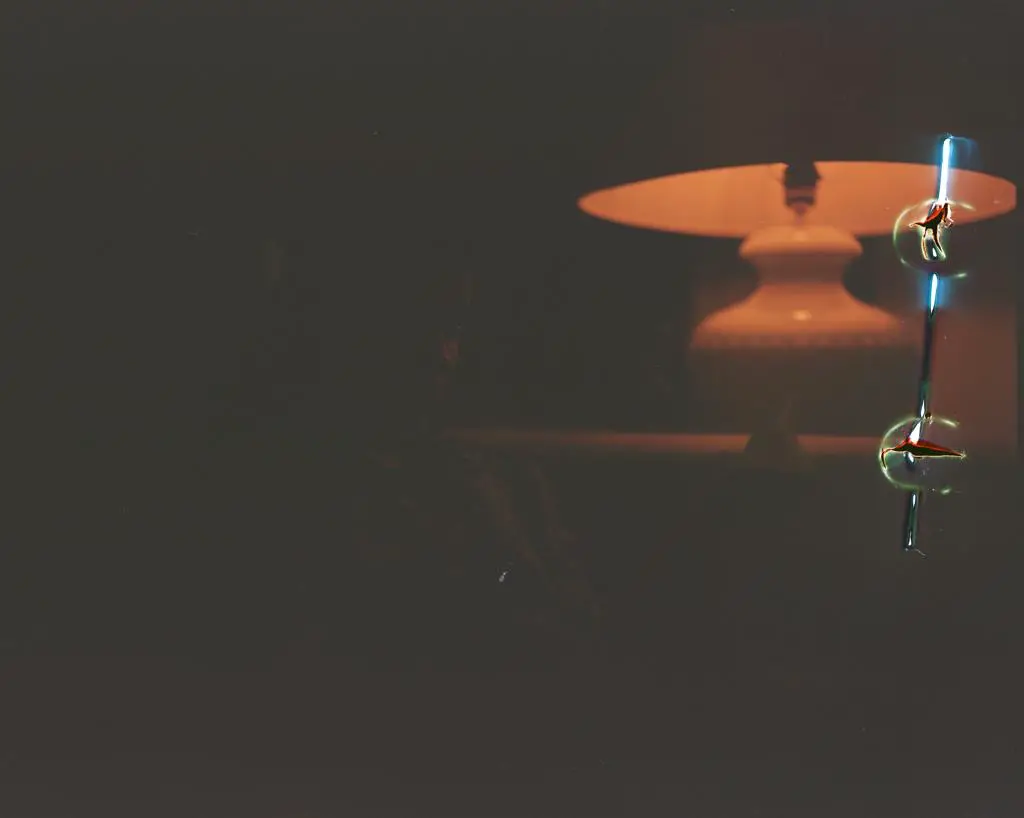
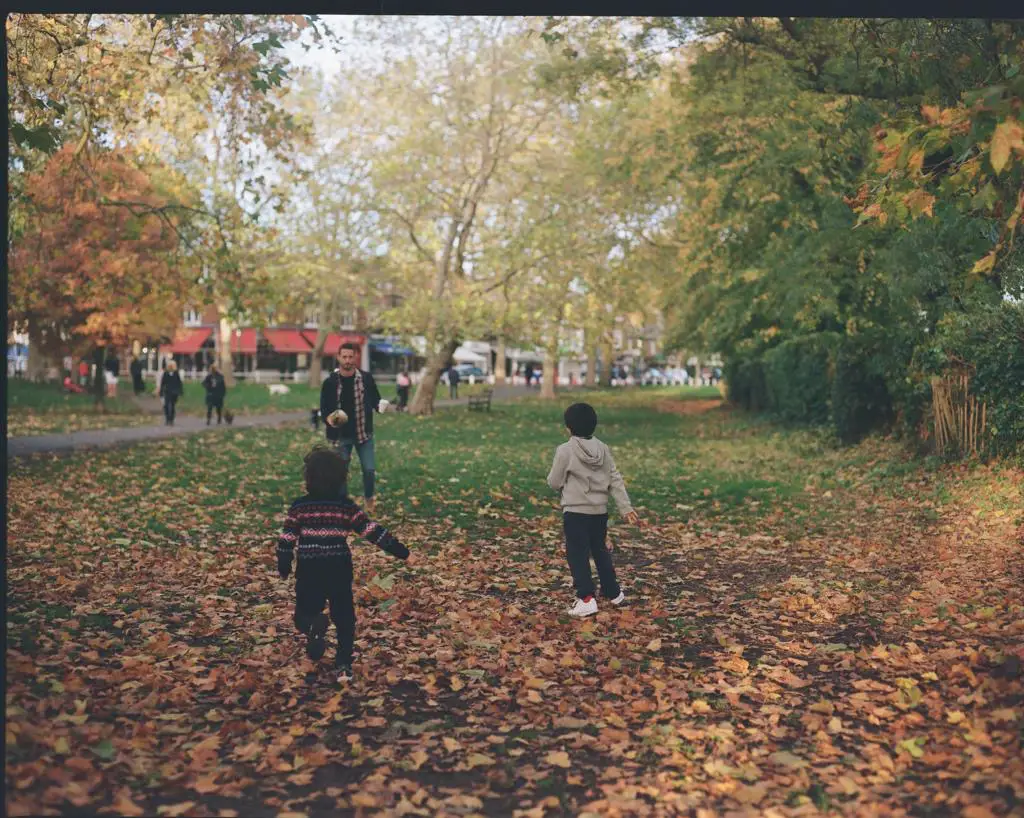
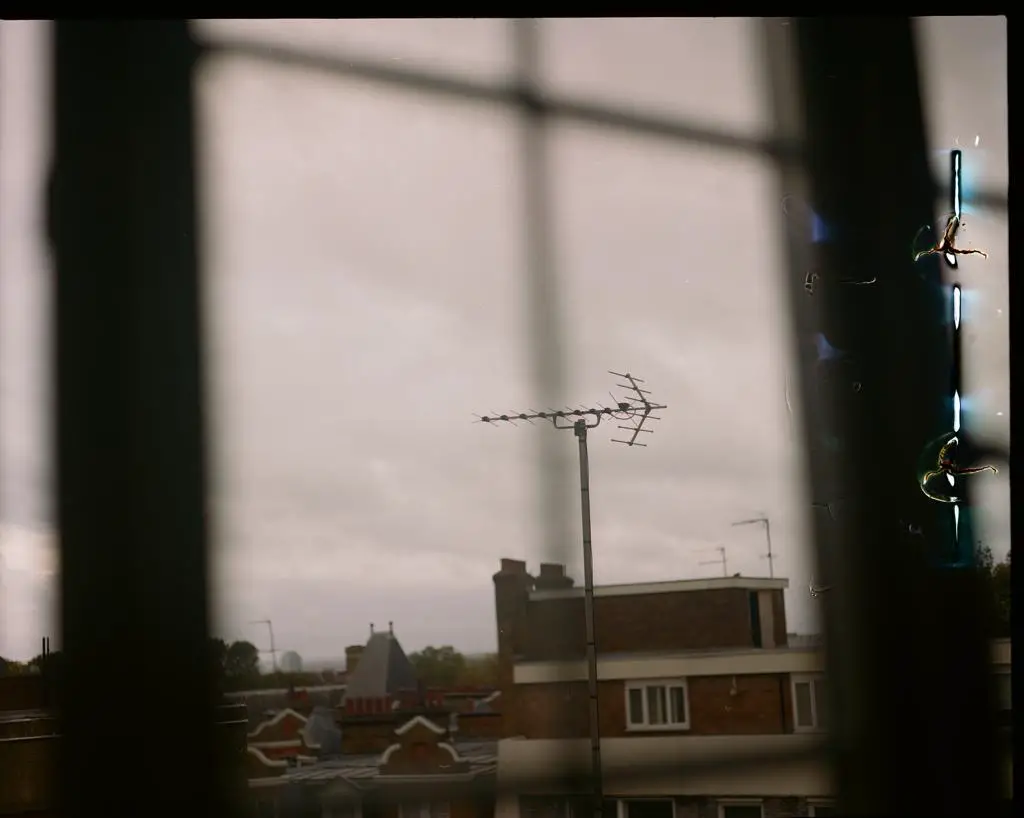
Album No.8 is on all the usual channels. You can also check out Katie’s website, or follow her on Instagram, Facebook, Twitter and YouTube.
Other artists mentioned in the interview:
Rosie Matheson (photographer)
Levan Lagidze (painter)
Share this post:
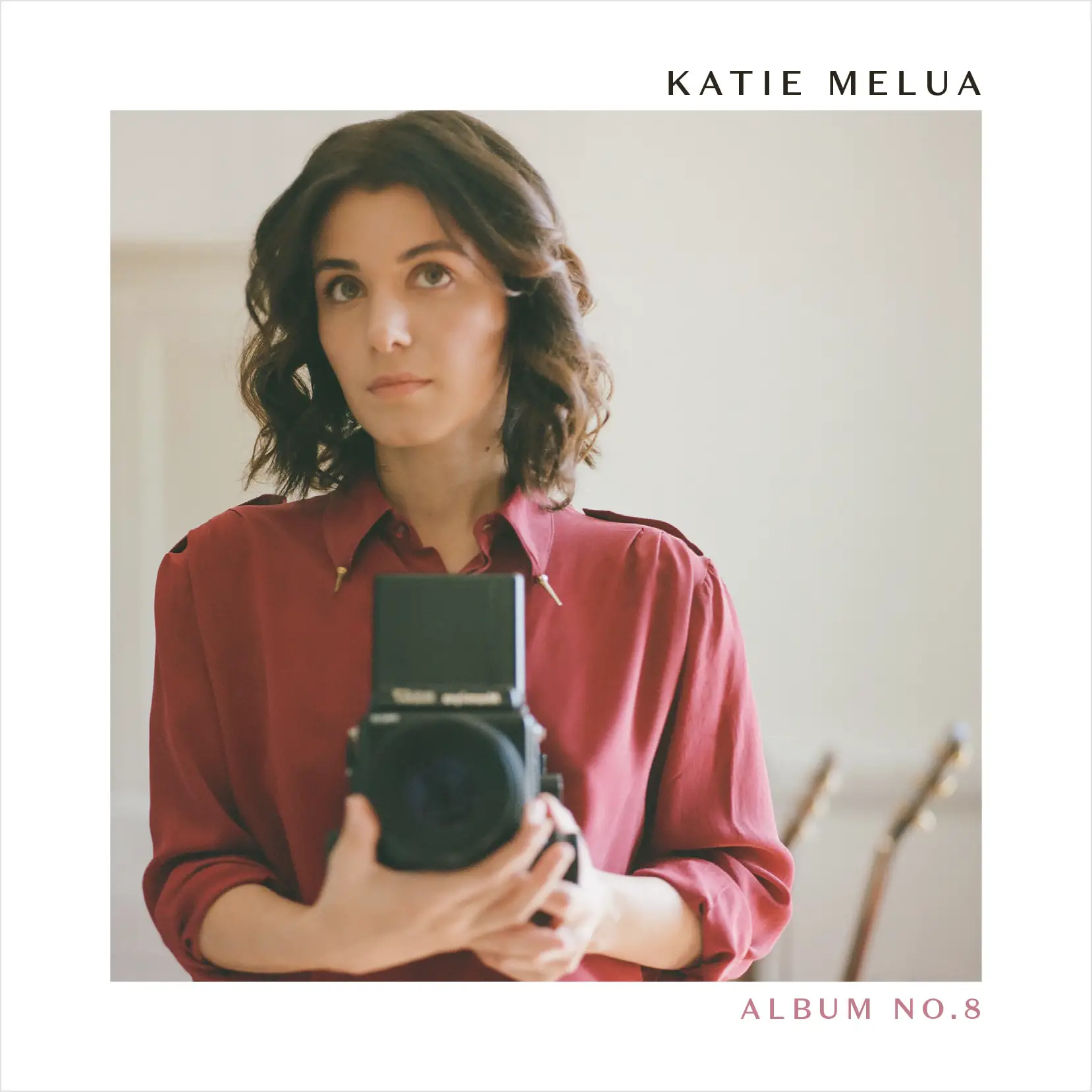
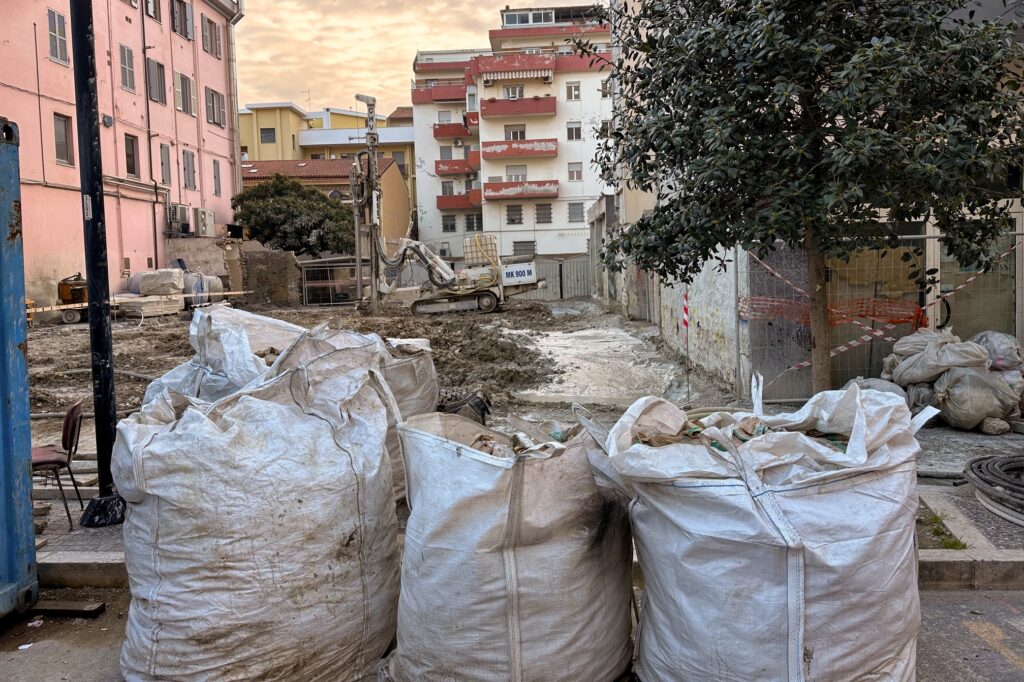
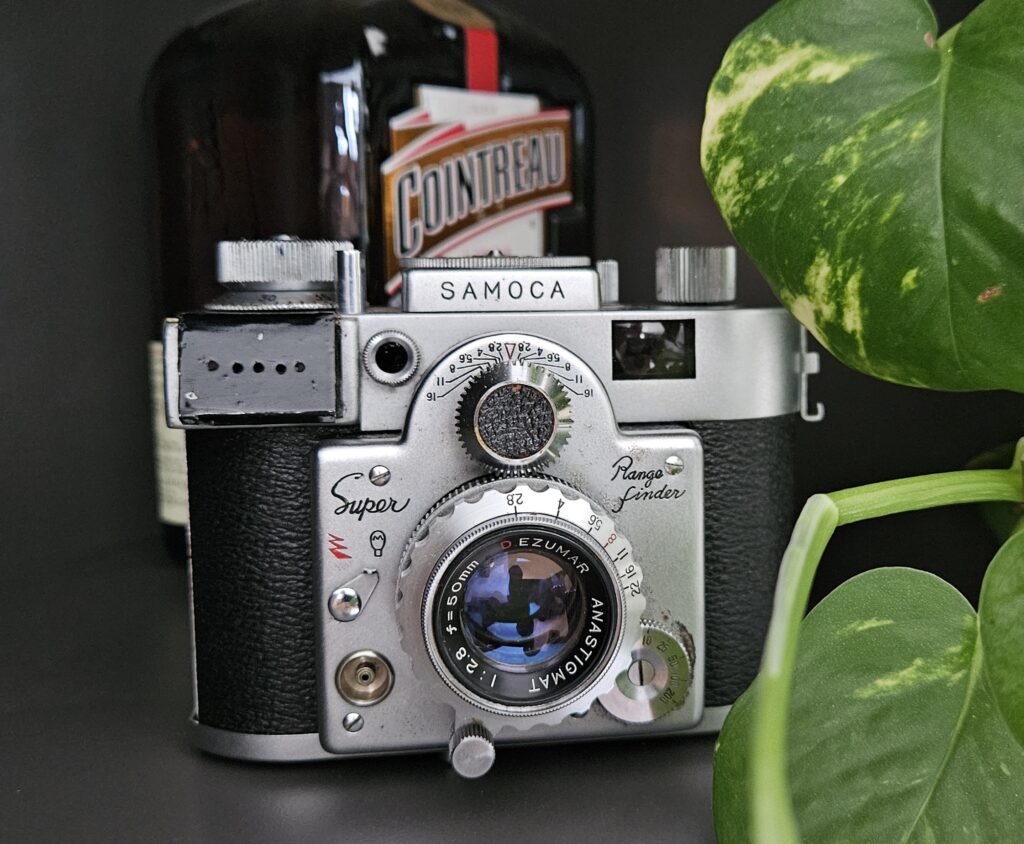
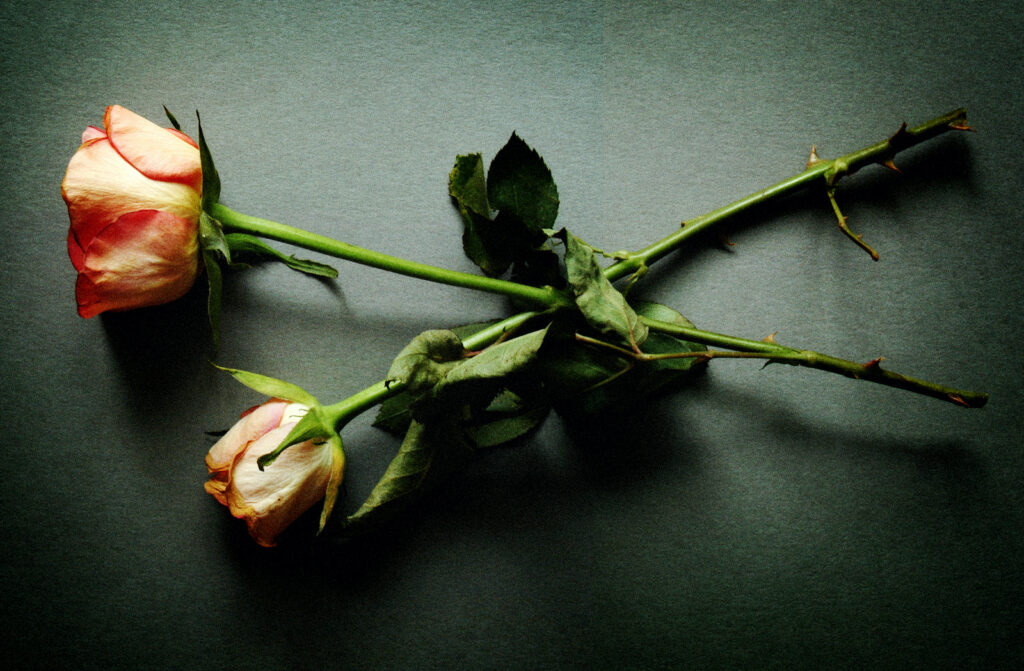
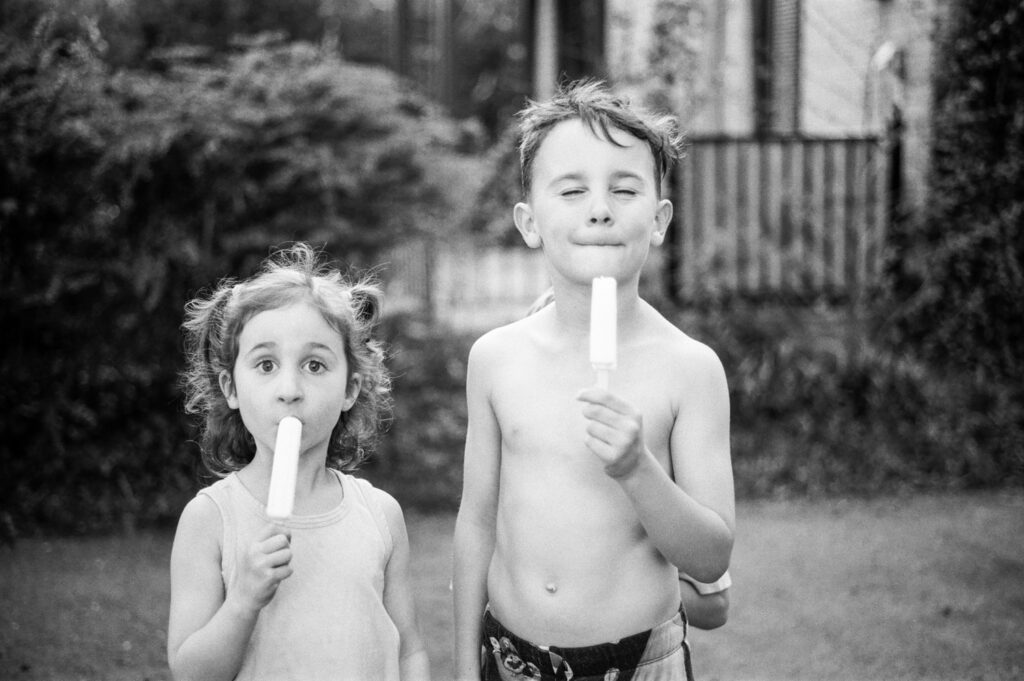




Comments
Ralph Turner on Katie Melua on Shooting the “Album No.8” Cover with Film – Interview by Sroyon Mukherjee
Comment posted: 02/11/2020
Comment posted: 02/11/2020
Comment posted: 02/11/2020
Joris on Katie Melua on Shooting the “Album No.8” Cover with Film – Interview by Sroyon Mukherjee
Comment posted: 02/11/2020
https://medium.com/@denisavitova/why-female-photographers-still-mimic-the-male-gaze-b0a23f831773
Perhaps it's a subject that could be expanded on on 35mmc some time, with a female photographer or model or even Katie herself.
I'll definitely check out her album now.
Comment posted: 02/11/2020
Des McSweeney on Katie Melua on Shooting the “Album No.8” Cover with Film – Interview by Sroyon Mukherjee
Comment posted: 02/11/2020
Comment posted: 02/11/2020
Comment posted: 02/11/2020
Comment posted: 02/11/2020
Michael Jardine on Katie Melua on Shooting the “Album No.8” Cover with Film – Interview by Sroyon Mukherjee
Comment posted: 02/11/2020
Comment posted: 02/11/2020
Sciolist on Katie Melua on Shooting the “Album No.8” Cover with Film – Interview by Sroyon Mukherjee
Comment posted: 02/11/2020
Comment posted: 02/11/2020
eric on Katie Melua on Shooting the “Album No.8” Cover with Film – Interview by Sroyon Mukherjee
Comment posted: 02/11/2020
Comment posted: 02/11/2020
Fotografie-Links der Woche #26 on Katie Melua on Shooting the “Album No.8” Cover with Film – Interview by Sroyon Mukherjee
Comment posted: 04/12/2020
General update: November 2020 – School of Holly on Katie Melua on Shooting the “Album No.8” Cover with Film – Interview by Sroyon Mukherjee
Comment posted: 28/12/2020